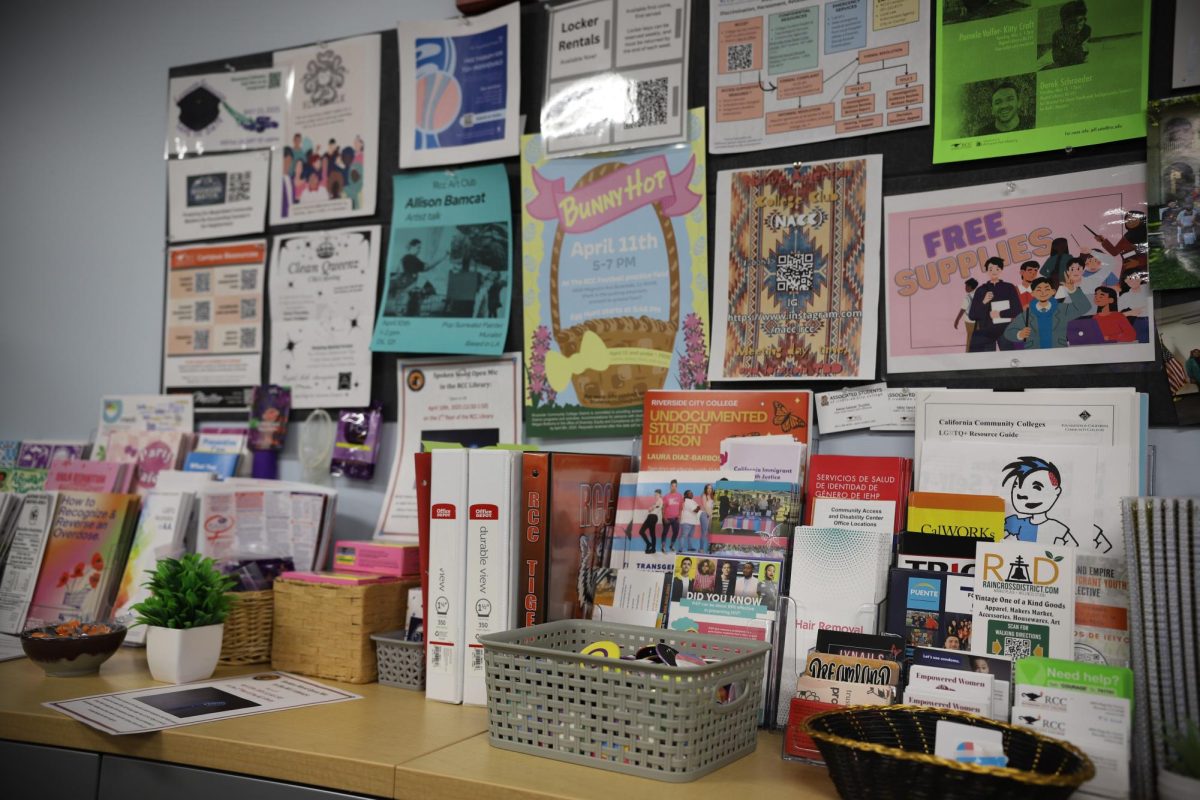By Chaz Sherron / Asst. Opinions Editor

( Khai Le / Online Editor)
By Chaz Sherron / Asst. Opinions Editor
Living on a tight budget, in general, is foreign to many students.
Living on a budget and living well are two concepts that many students need to learn yearly.
Let’s face it–it’s a learning experience that comes with age.
Students today are taking a new look at thrifty shopping and using coupons.
They are shopping at thrift stores such as Goodwill and the Salvation Army.
The reason why students are watching their expenses is because we now live in a world where it is common to work more than one job just to get by, so we have to watch what we spend.
That’s where the coupons come in.
Honestly, one is able to get anything with coupons if they know where and how to shop.
But being thrifty can be good and bad. We pay a high price for quality to ensure that we get the most for our buck.
So, instead of buying books at the school book store, the cheapest way to go is getting them used online. But there is also the risk of missing and damaged pages.
Colleges and universities can be a wonderful training ground for financial management.
The trick is to know one’s priorities, and to make decisions that enhance the lifestyle without compromising studies, health or finances.
Even sticking to the basics seems to be a huge expense when it comes to shopping for food.
Food prices may keep rising but perhaps one’s food budget has stayed the same.
What about all those extra food items that everyone loves but aren’t that affordable?
Sometimes it is easier to splurge than think about all the extra groceries that are really needed.
So, how does one make a frugal grocery shopping budget and stick to it?
While sticking to a cheap budget has to come first, students who pay their own living expenses acknowledge that making home cooked meals, doing laundry and furnishing their home are top priorities.
Also find a store that is open 24 hours a day so you can drop in during the wee hours of the morning, after studying late at night.
You can also scout out farmers’ markets; they are the perfect place to go for fresh vegetables, organic meat, honey and baked goods that tastes like grandma made it.
Farmers’ markets are an inner-city escape to the country.
Of course, eating well at home doesn’t mean that eating out should be entirely taboo. It all depends on the place. One of the cheapest ways to eat out is at fast food restaurants.
More then half of today’s fast food restaurants have a value menu that is usually under two dollars. This is more than enough to fulfill a student’s hunger.
We, as students, are just smarter about some things than others.
One of the things we could work on are our finances.
Sure, we’ve made some dumb mistakes with our money, but we also tend to have a better grasp on frugal living than most in the working world.
We laugh about how college kids eat Ramen and microwave burritos for every meal, but there’s something to be learned.
As professional adults we’re interested in eating healthy which is important, but we also spend a lot of money on our groceries.
By replacing some of our grown up meals with the rice-and-beans diet that college kids sometimes live on, we can cut back on our spending without sacrificing our health.
And “Taco Tuesdays” are a cheap way to eat out as well.
Another way to live cheaply is remembering that there is no such thing as too many roommates.
When we’re in college, we turn every room in the house into a bedroom to reduce individual rent.
As we get older, we move into bigger homes with small families and pay a lot more money for homes.
During this recession, it might make sense to re-live those college days by renting out extra rooms to boarders.
It might be a good idea to think about how one used to live frugally when they were a broke college student.






